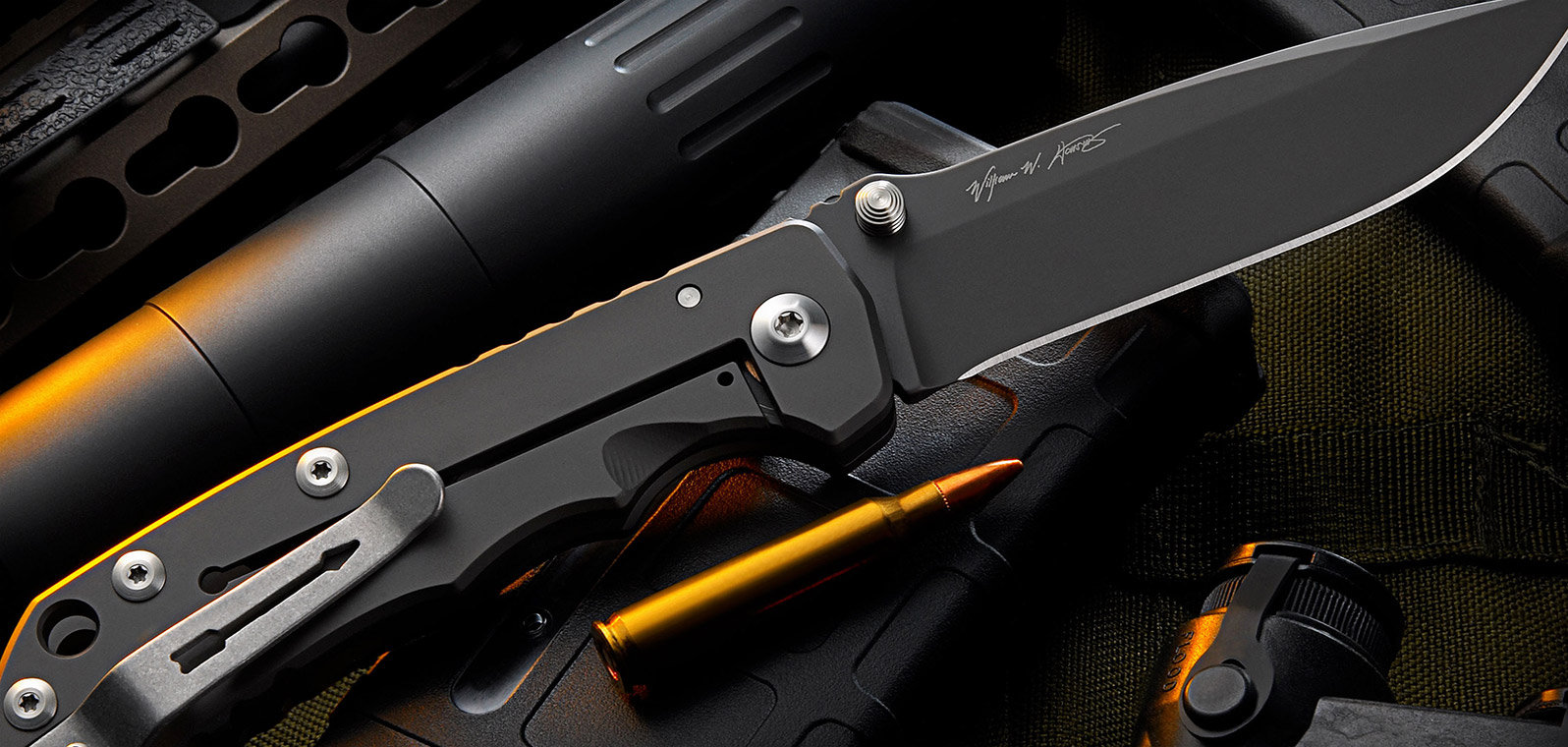
Proper Knife Care: How to Clean a Custom Folding Knife
We here at Spartan Blades are proud of the quality and variety of custom and handcrafted knives that we offer to our customers. That’s why we stand behind each and every one of our knives with a lifetime warranty that covers our knives’ materials, craftsmanship, and finish. If you ever experience an issue with a Spartan Blades knife that’s related to workmanship, materials, or finish, simply contact us so that we can make it right.
All of that said, handcrafted knives are designed with proper care and maintenance in mind. When you own a custom or handmade knife, you want to ensure that it lasts a lifetime. The best way to make that happen is by taking care of your knife, which includes keeping it cleaned and oiled. If you take good care of your knife, it’ll take good care of you for many, many years.
We’ve put together this quick blog post to help you understand exactly what’s involved when it comes to proper knife care for custom folding knives. If you have a fixed blade knife, check out our guide to cleaning fixed blade knives here. A handcrafted folding knife comes with its own set of requirements which are particular to its folding mechanism, and it’s important to follow the instructions below if you want to keep your knife in optimal condition.
How to Clean Your Custom Folding Knife
Remember to be careful when handling your knife for cleaning.
First things first: avoid using harsh chemicals on your knife blade and/or handle. Depending on the type of folding knife you have, your knife blade might be coated with ZrN (Zirconium Nitride), DLC (Diamond Like Coating), or any number of other blade coatings. Or, you may own a folding knife with no coating at all, in which case your knife may simply be CPM (Crucible Particle Metallurgy) stainless steel or some other form of stainless. Regardless of what your knife is coated with (or if it’s uncoated), treating it with a harsh chemical is generally not advised.
Instead, the easiest thing to do when it comes to cleaning your folding knife is to simply use warm water and a mild soap of some kind. To scrub the knife, stick to something that’s fairly non-abrasive and soft. A cotton cloth works well, as does any household sponge -- just be careful not to use the abrasive side of the sponge. The back of a sponge, steel wool, or any sort of scouring pad runs the risk of scratching your knife, removing the finish, and ultimately degrading the quality of the blade.
The one exception here is if your knife is covered in some kind of sticky substance such as tar, tree sap, or something similar. If this is the case, you can use a cloth with a small amount of acetone to clean your knife. Afterwards, you’ll want to wipe the knife with a clean, dry cloth, and then oil the knife as described below.
If there is dirt or debris inside the folding mechanism of your blade, you can try to carefully clean the interior with a cotton swab. We recommend using rubbing alcohol (one or two drops on the tip of a cotton swab is plenty) rather than soap and water if you need to clean the interior of your folding knife, as water collecting on the interior will contribute to rust. By rotating your knife through various stages of its opening swing, you’ll expose different parts of the interior for cleaning. Remember to exercise caution when cleaning the interior of your knife with the blade exposed.
Remember: always dry your knife completely after cleaning! Never store a knife when it’s damp.
How to Oil Your Folding Knife
Once your knife is clean and dry, it’s time to oil it. A small amount of WD-40 applied to the blade is excellent for this purpose. You can apply the WD-40 with a chamois or other soft cloth. It’s also a good idea to apply a drop of oil to the hinge mechanism of your blade, and then open and close your blade several times to ensure that the lubricant reaches all of the internal working parts. We recommend one drop of "Nano Oil" on each side of the blade's bushing or bearing. If you don't have Nano Oil, a light weight gun oil or machine oil works, too.
Storing Your Custom Folding Knife
It’s common practice to carry a folding knife with you on a daily basis. If so, simply do your best to keep your knife dry and protected from the elements. If you opt to store your folding knife, be sure to keep it in a location that’s free from excess moisture. If you’re concerned about humidity indoors, a silicone gel packet placed alongside your knife will help to keep it dry.
With proper care and maintenance, you can look forward to many years of use with any knife. At Spartan Blades, our knives are built to last a lifetime. Click here to browse our selection of custom and handcrafted folding knives.
